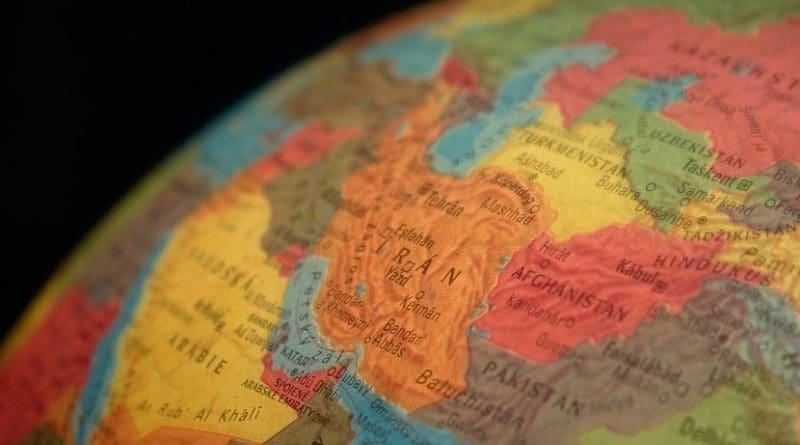Unpacking The Reasoning Behind Tehran’s Response To Israel’s Isfahan Attack – OpEd
By Altaf Moti
In the tense geopolitical landscape of the Middle East, every incident carries weight. When Israel reportedly struck a military base near the central city of Isfahan in Iran, the world held its breath. Yet, the Iranian response was far from what one might expect. Rather than escalating the situation, Iranian officials chose a path of restraint, downplaying the severity of the attack.
On April 19, 2024, several explosions rocked the vicinity of Isfahan. Iran’s army chief, Maj. Gen. Abdolrahim Mousavi, attributed these explosions to air defense fire. According to Mousavi, the Iranian air defense successfully shot down three “suspicious flying objects,” resulting in no damage or casualties. Meanwhile, Western media outlets and American officials confirmed that Israel was responsible for the attack.
Supreme Leader Ayatollah Ali Khamenei, known for his fiery anti-Israel rhetoric, has remained conspicuously silent on the matter. This muted response has led many to wonder whether Iran is experiencing a rare moment of self-doubt or if there are more calculated reasons at play. Iranian authorities have yet to confirm the nature of the incident, fueling speculation and intrigue among regional observers. As the situation unfolds, one thing is clear: Iran’s response will have significant implications for regional dynamics and global relations.
One key factor contributing to Iran’s restraint is its ongoing nuclear negotiations with the West. Tehran is keenly aware that any aggressive response to the Isfahan incident could jeopardize the already fragile talks aimed at reviving the 2015 Joint Comprehensive Plan of Action (JCPOA). With the United States, European Union, and other global powers engaged in the negotiations, Iran is hesitant to risk derailing the process and facing renewed economic sanctions.
Moreover, Iran’s military strategists recognize that a direct confrontation with Israel would play into Tel Aviv’s hands, allowing it to shift the focus away from its own regional aggressions and human rights abuses. By downplaying the attack, Iran avoids giving Israel a pretext to launch further strikes or justify its actions to the international community.
Another crucial aspect is Iran’s regional dynamics and alliances. Tehran has invested heavily in its partnerships with proxy forces and allies in Lebanon, Syria, and Yemen. A direct confrontation with Israel could put these relationships at risk, as well as undermine Iran’s carefully crafted regional influence. By maintaining a measured response, Iran avoids antagonizing its allies and preserves its regional standing.
Furthermore, Iran’s leadership is cognizant of its domestic audience and the need to maintain a united front. The regime faces internal challenges, including economic woes and growing discontent among the population. A belligerent response to the Isfahan attack could embolden hardline factions and create divisions within the ruling elite, potentially destabilizing the regime.
In addition, Iran’s military doctrine prioritizes asymmetric warfare and strategic patience. Tehran’s military strategists believe that a gradual, low-intensity response will ultimately prove more effective in deterring future Israeli aggression. This approach allows Iran to conserve its military resources, maintain a strong defensive posture, and wait for an opportune moment to strike back.
Interestingly, the attack in Iran also revealed divisions within Israel. Far-right Security Minister Itamar Ben-Gvir suggested, in a social media post, that the suspected Israeli strike on Iran was weak. Ben-Gvir has been calling for a harsh military response after Iran’s retaliatory attack against Israel on April 13. This internal criticism highlights the differing opinions within Israel’s political and military circles, potentially impacting the country’s future actions.
Lastly, Iran’s response is also influenced by its assessment of the regional and global balance of power. Tehran recognizes that the United States, despite its rhetorical support for Israel, is currently focused on other geopolitical priorities, such as the Ukraine-Russia conflict and competition with China. Iran calculates that a restrained response will deny Israel and the US a pretext to launch a broader military campaign or impose harsher sanctions.
The Iranian government’s decision to downplay the significance of the Isfahan attack despite its public bravado is a complex issue that requires careful analysis. While there are several possible explanations for this decision, it is clear that the Iranian government is facing a difficult situation that requires a nuanced and careful response.

